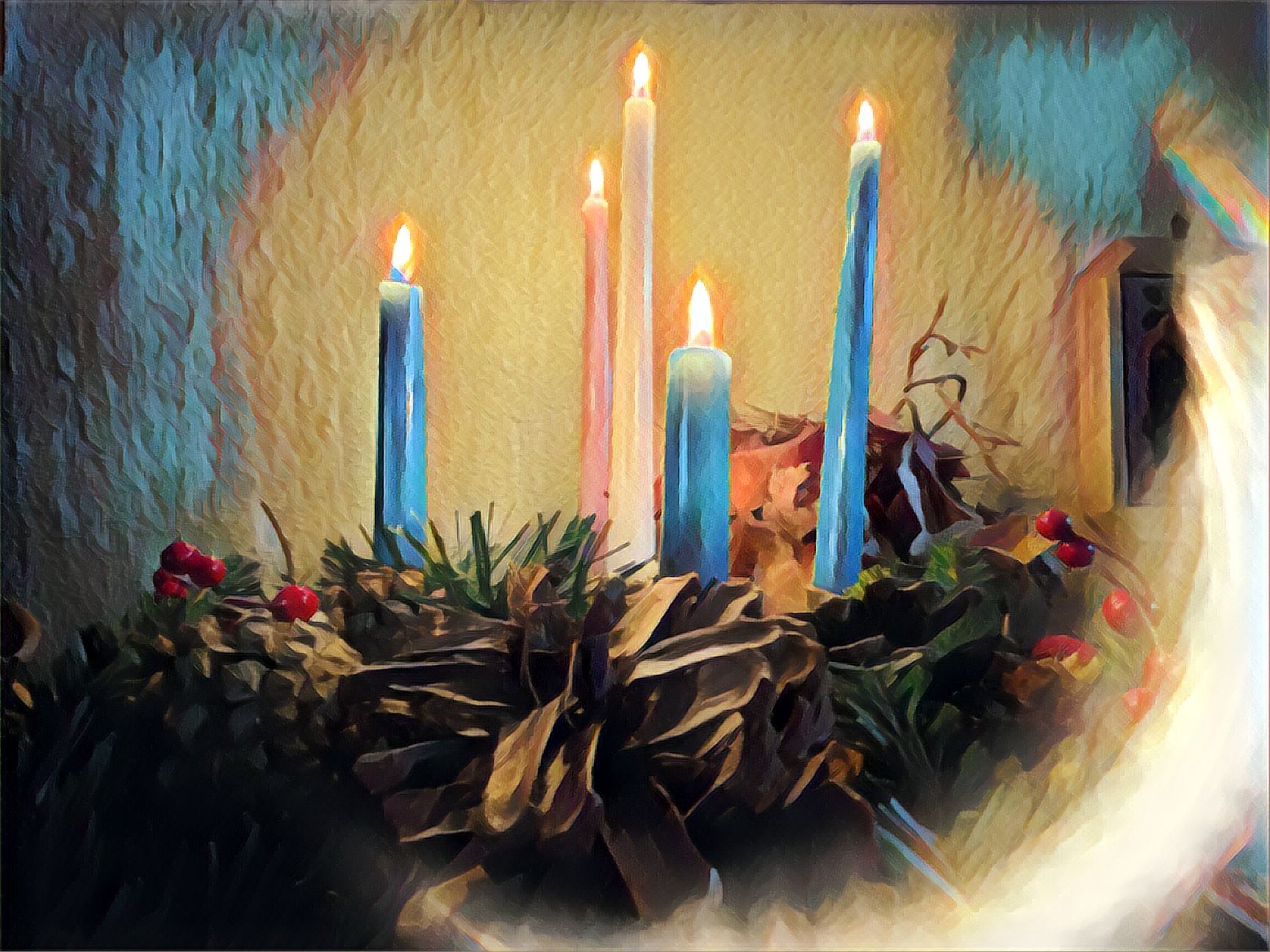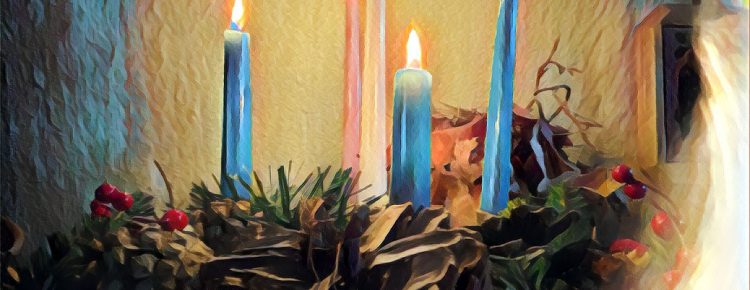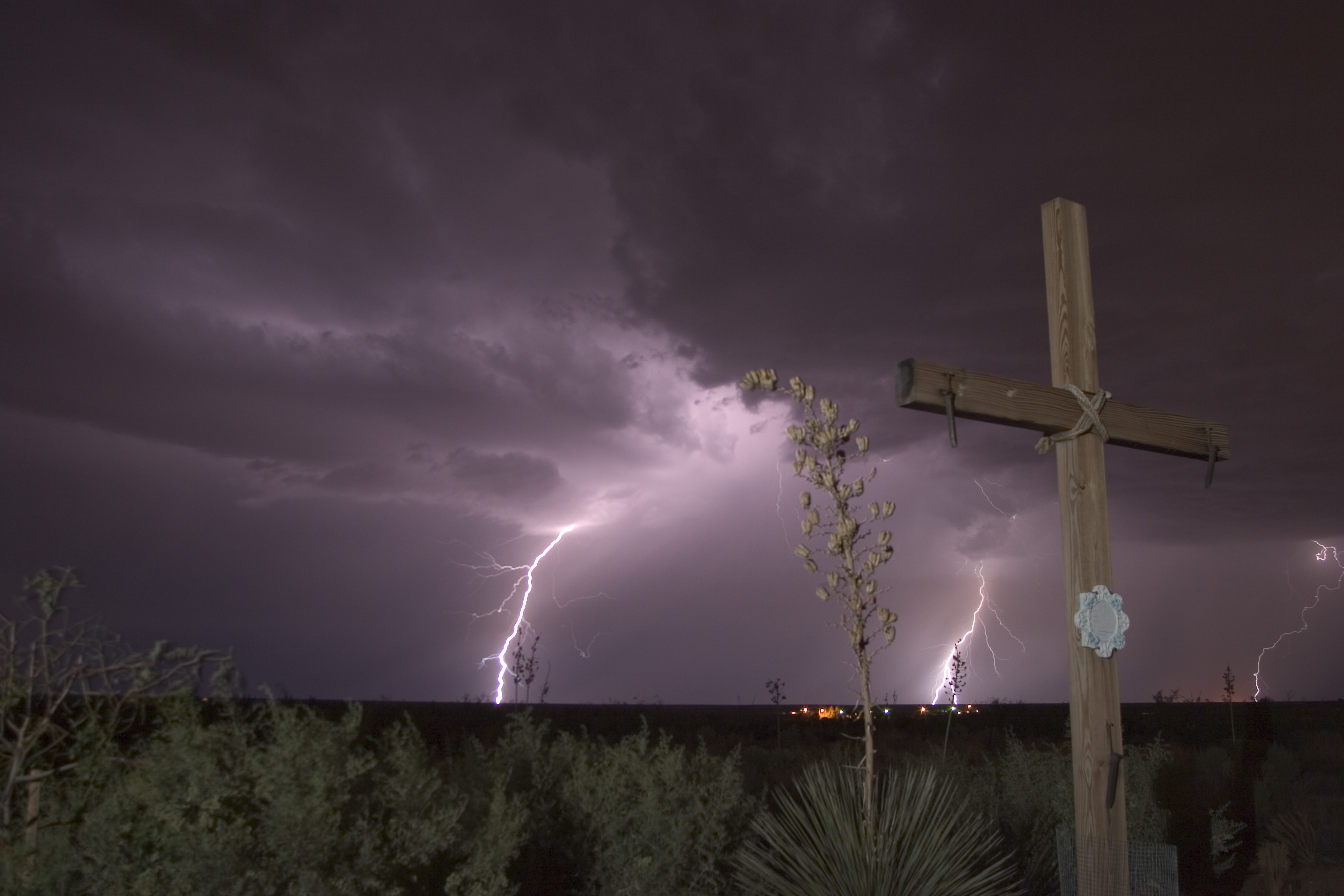A Season of Preparation
Many people have difficulty with the holidays because of the stress caused by commercialism. Some resign themselves helplessly to the consumer chaos while others hold out to the bitter end and refuse to participate in any way, making themselves “Christian Scrooges,” if you will. Thankfully, the ancient church gives us an alternative to this duality–the season of Advent. Ironically, Advent marks the beginning of the liturgical calendar, but takes place near the end of our modern calendar in late fall and concludes in early winter. It is the first of a triad of luminous mysteries, followed by the celebrations of Christmas and Epiphany.
A Looking Back:
Advent invites us to enter into the spirit of the ancient prophets who ached for the coming of the Messiah. In meditating on the prophecies of Isaiah, Micah, Jeremiah, and others, we prepare for the celebration of the Incarnation (God becoming human)–in the nativity of Jesus Christ. The Jewish prophets envisioned a world in which the justice of God would intersect the oppression of the world’s system of empire. The Christian tradition sees “mercy and justice kissing” in the person of Jesus.
A Looking Forward:
With the same hope the ancients had for the Messiah to come, we prepare for the final return of Jesus as the Judge of Nations. It is a particular time to pray, fast, and give ourselves to acts of service to others. Contemplating “the end times” is not about charts and calendars, but working to make the realities of mercy and justice present in our world today. This “looking forward” enables us to engage the present realities of oppression, poverty, environmental destruction, etc. In the perspective of the “kingdom of God,” we are living “now,” how we will be living “then.” In faith, we access the resources of heaven (the world to come) for the sake of earth (the present world situation).
A Looking Here and Now:
A commonly used phrase used in many early Christian communities was “maranatha!” It meant, “Lord, come!” It didn’t really refer to the future coming of Christ, but rather, it was an invocation for Christ to be present in their midst. Christ is always “being formed” in our hearts, and so Advent initiates the questions: “What image of God have you been holding onto that needs to be released?” and, “What image of Christ might be forming within you at this time in your life?” Father Gabriel, in his devotional, Divine Intimacy writes: “The spirit of the Advent liturgy, commemorating the age-long expectation of the Redeemer, will prepare us to celebrate the mystery of the Word made Flesh by arousing in each one of us an intimate, personal expectation of the renewed coming of Christ to our soul.”





